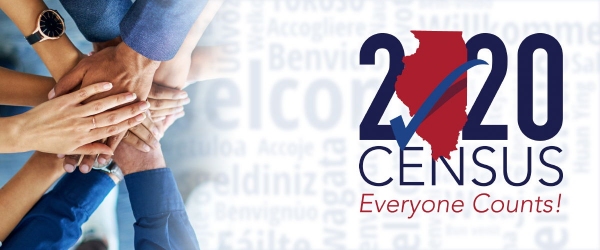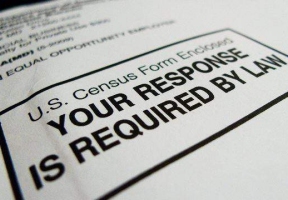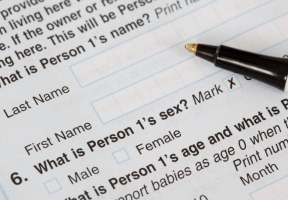
By: Ashmar Mandou
The first documents of the 2020 Census will start hitting mailboxes this week. In anticipation of the form, we have gathered up general questions most people have in regards to the Census. Take a look at what you need to know.
So what is the census?
Article 1, section 2 of the Constitution requires the federal government to count every person living in the country every 10 years and use the information to divvy up representation in Congress. The census is that count, and it happens at the start of each new decade.
How does it work?
The government is hoping you save it (i.e. taxpayers) money by filling it out online at https://my2020census.gov/. Since that the cheapest and fastest way to participate, officials hope most people opt for it.
Wait, I can do it online?
Yes. Starting March 12, the census can be completed online for the first time. Every home will get a postcard with an identification number and instructions about whether they should fill the census out online, by phone or by mail. But you have to wait until you get a postcard, which should be arriving by March 20.
Isn’t it illegal to ask about race and ethnicity? Can I decline to answer?
No, it’s been on the form a long time, and it has a purpose. The census has asked people whether they are of Hispanic origin, and which broad Hispanic group they identify with, since 1970. The census has collected racial data since 1790. The 2020 census gives people 15 racial categories and a write-in option. It also allows you to select more than one race. This information is used to enforce rules against race-based discrimination and determine how many people are eligible for programs.
Will they ask about the citizenship of people living in the house?
No, and this was a big legal fight last year. The Trump administration tried to add a citizenship question to the census, but critics sued to block it. Census experts warned that asking about citizenship might discourage immigrant households from participating, leading to an undercount in states like California with large immigrant populations.
How is my information used?
The census results are used for reapportionment, which is the term for redrawing legislative and congressional districts so every district represents about the same number of people in the state Legislature or Congress. Local governments also use the data to decide things like where schools, fire stations and new roads should be built, and even small but important things, like where stop signs and fire hydrants are placed.










